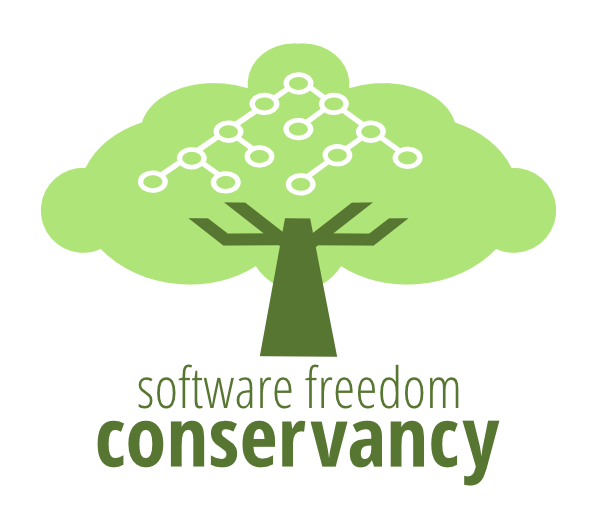Originally posted by dangerousHobo
View Post
Announcement
Collapse
No announcement yet.
Linux 4.4 To 4.7 - EXT4 vs. F2FS vs. Btrfs Benchmarks
Collapse
X
-
I have seen quite some regressions on ext4 and XFS too.Originally posted by andre30correia View Postbtrfs always the worst, and a lot of regressions since kernel 4.4
It's the slowest because the data is *always* consistent. Either old data and metadata OR new data and new metadata. XFS, ext4 don't have that. This consistency takes time yes.
Comment
-
the license is IRL in some environments also a problem. Next is that you don't currenbtly want a port of ZFS in linux. Try under solaris et al. There it's extremely well. Under BSD -- lost quite some data there. Luckily data that can be regenerated.Originally posted by drSeehas View PostWhy was ZFS omitted?
Comment
-
-
No the reason was already given directly afetr you asked the question. However, bear in mind that in an enterprise environment, those license issues generally exclude the use of ZFS. Hence, posting results of a filesystem "you" cannot use is not really making sense to me.Originally posted by drSeehas View PostAnd this is a reason to not include a ZFS benschmark?
and why:
is pretty simple. We have seen massive corruption of ZFS pools several times on FreeBSD while on the Solaris et all we never seen this.
Next is that you don't currenbtly want a port of ZFS in linux. ...
Now, the pools on the FreeBSD environments was data that could be regenerated so that was not a panic moment.
You might not have done much debugging on ZFS yet when all dies.
Don't get me wrong, ZFS on the native OS is great stuff and is fully useable. Hwever mixed environments are painful and sometimes just not possible.
So, I did not write much new here; read and try to understand; ouor situation may very well not apply to your situation. But the bottom line is that ZFS is not interesting if it cannot be used. For US.
Comment
-
There's no problem to use it in enterprise environment. You just have to make it clear what a company can and cannot do in order to avoid copyright infringement, it's simple and easy to understand for any decision maker.Originally posted by drSeehas View Post???
How can the CDDL exclude the use of ZFS in an enterprise environment?
Comment
-
 This post discusses an atypical GPL violation. Unlike most GPL violations Conservancy faces, in this case, a third-party entity holds a magic wand that can instantly resolve the situation. Oracle is the primary copyright holder of ZFS, and, despite nearly eight years (going back to the days of Sun's control of the code) of the anti-license-proliferation community's urging, Oracle continues to license their code under their own, GPL-incompatible license. While this violation has many facets, and Oracle did not themselves violate GPL in this specific case, they hold the keys to this particular kingdom and they forbid the Linux community to enter. While there are complexities that we must address, in this context, Oracle could make everyone's life easier by waving their magic relicensing wand. Nevertheless, until they do, since GPL-incompatible licenses are the root of all GPL violations, combinations of GPL'd code with Oracle's GPL-incompatible code yield GPL violations, such as the ongoing violation by Canonical, Ltd.
This post discusses an atypical GPL violation. Unlike most GPL violations Conservancy faces, in this case, a third-party entity holds a magic wand that can instantly resolve the situation. Oracle is the primary copyright holder of ZFS, and, despite nearly eight years (going back to the days of Sun's control of the code) of the anti-license-proliferation community's urging, Oracle continues to license their code under their own, GPL-incompatible license. While this violation has many facets, and Oracle did not themselves violate GPL in this specific case, they hold the keys to this particular kingdom and they forbid the Linux community to enter. While there are complexities that we must address, in this context, Oracle could make everyone's life easier by waving their magic relicensing wand. Nevertheless, until they do, since GPL-incompatible licenses are the root of all GPL violations, combinations of GPL'd code with Oracle's GPL-incompatible code yield GPL violations, such as the ongoing violation by Canonical, Ltd.
It's not compatibl with the GPL.
Also, RHEL for instance will not support your system at all. SUSE may be a bit different though.
Comment
-
No!Originally posted by roelandjansen View Post
This is just another opinion.
Maybe it is reverse and the GPL is not compatible with the CDDL?
Went anyone to court?
Comment

Comment